Have you ever found yourself in the clutches of frustration, feeling overwhelmed and powerless? We all experience frustration at some point in our lives due to different reasons. It makes us feel irritated, stressed and drained. Nevertheless, there are coping skills for frustration that can help to improve your mental health.
What does it mean to be frustrated?
Being frustrated means being emotionally distressed or agitated when our wants, needs or expectations aren’t met or obstructed. It is a common human experience that can take place anywhere including relationships, jobs, personal goals and even daily life.
To be frustrated means to feel unhappy, upset or annoyed as a result of unfulfilled desires or failed targets. It shows dissatisfaction and emotional reaction towards challenges, hindrances or circumstances deviating from what one expects leading to irritation or disappointment.
Consider Sarah who faces roadblocks at work constantly; her ideas usually get dismissed which causes her frustration. Despite working hard she never gets promoted. This shows how frustration plays out in her professional life by resulting in disappointment and irritation.
However, learning to identify the common signs of frustration,understanding what causes frustration and developing coping skills for frustration can help us overcome it.
Related: How Unexpressed Anger Impacts Your Mental Health

Common Frustrated Symptoms
Frustration can manifest differently among individuals but here are some common indications:
1. Irritability and Anger
Frustration often results in feelings of irritability and anger where you become short tempered; hence, easily getting annoyed by minor inconveniences or challenges.
2. Impatience
Sometimes frustration may cause you to become impatient thereby making you act restlessly while seeking for quick solutions or outcomes. Waiting for things or handling delays could become harder over time.
3. Increased Stress Levels
When frustrated, our body reacts by releasing stress hormones leading to symptoms such as increased heart rate, muscle tension, headache, difficulty sleeping, change in appetite among others.
4. Feeling Overwhelmed
Frustration might cause one to feel overwhelmed like being trapped within an unsatisfied expectation cycle that never ends.
Feeling stuck contributes negatively towards how they view their situation at hand. This is among the most common frustrated symptoms.
5. Loss of Motivation
Continuous frustrations may lead to loss of motivation and enthusiasm in your life. You may not be able to stay focused anymore or have any sense of purpose as it results in reduced productivity levels.
However, learning coping skills for frustration can help you feel motivated again.
6. Negative Self-Talk
It is common for frustrated people to engage in negative self-talk where they criticize themselves or doubt their own abilities. There might be a feeling of self-blame or believing that one is incompetent, making the condition worse.
7. Increased Restlessness
Frustration can make you feel restless and fidgety. It becomes difficult sitting down or concentrating on anything because all the time one is searching for ways to relieve discomfort.
8. Withdrawal and Isolation
Some individuals may socially withdraw when they become frustrated. They isolate themselves from others and no longer take part in activities that used to bring pleasure as a result of feeling overwhelmed by such situations which are hard to handle.
It should be noted that these frustrated symptoms may differ across individuals depending on the situation causing frustration. These symptoms will help you know if you are frustrated and what measures can be taken to overcome it effectively.
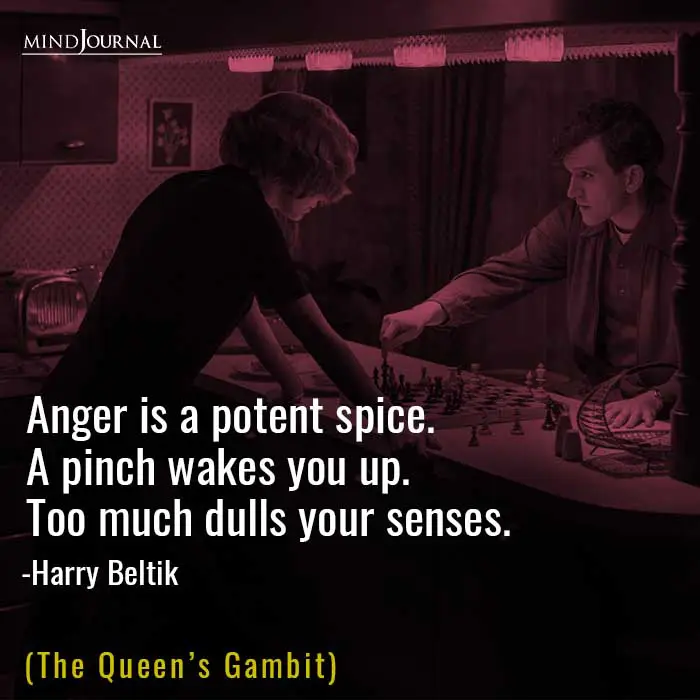
What Causes Frustration
Before we can explore coping skills for frustration, we need to understand the root causes of frustration.
Different people may become frustrated in life due to different reasons. It primarily depends on their mental health, resilience, environment, situation, relationships, past experiences and other factors.
Here are some of the most common answers to what causes frustration –
1. Obstacles or Challenges
Someone may become frustrated when they are unnecessarily confronted with a challenge or when they are unable to reach their goals due to external factors they were not ready for.
2. Unmet Expectations
When a plan fails or things don’t necessarily go as expected, it can lead to frustration.
3. Lack of Control
Being unable to control a situation, or influence someone or generally feeling powerless about something can also make an individual become frustrated.
4. Communication Issues
Failure to communicate properly or misunderstanding others, whether at work or in personal relationships can also be a factor in what causes frustration.
Related: How To Get Over A Midlife Crisis
5. Perceived Injustice
If one feels they have been treated unfairly or witnesses injustice, they may become frustrated.
6. Uncertainty
Uncertainty can be one of the biggest reasons for feeling frustration. Ambiguity can lead to anxiety, especially for those to prefer a clear direction or solution, causing frustration.
7. Fatigue or Stress
Similarly, individuals who feel both physically and mentally exhausted due to constant daily stress or pressure may easily get frustrated.
8. Repeated Failures
Repeatedly experiencing failures or setbacks in life and relationships can lead to feelings of helplessness and hopelessness, making someone feel frustrated.

Frustration in a relationship
Frustration in a relationship is mainly an emotional response caused by unfulfilled expectations, unresolved conflicts, and unmet needs between partners. It can come in different ways such as discontent, dissatisfaction, unfulfillment, disappointment, or irritation arising from poor communication skills, lack of understanding or unresolved matters.
Sometimes frustration indicates inability to meet or failure in understanding emotions of each other, causing tension and dissatisfaction.
Therefore, talking about this issue openly with your partner, showing empathy towards their feelings, reaching a compromise and learning coping skills for frustration are important for creating a better relationship where both parties feel understood and satisfied.
Some causes of frustration in a relationship include:
1. Problems with Communication
Issues such as misunderstandings, unclear communication and lack of effective and honest communication can result in frustrations.
2. Unrealistic Expectations
When individuals have varying expectations concerning each other or the relationship they have with others lead to frustrations.
3. Disputes and Misunderstandings
Frustrations may arise due to fights that have been unresolved or disagreements which occur frequently without effective resolution strategies.
4. No Intimacy
Feelings of emotional or physical distance can lead to frustration and a sense of disconnect.
5. Unresolved Matters
Continuing concerns that have not been dealt with may cause ongoing frustrations among individuals who share common goals but differ on how they should be achieved.
6. Different Priorities
Different values, objectives or preferences within partners’ lives can result in frustrations depending on what each one considers important.
7. Trust Issues
Trust violations or a lack of trust in the relationship can cause frustration and insecurity.
8. Feeling Unheard or Unappreciated
Frustration in a relationship can occur when both or one partner feels neglected, unheard, unacknowledged or underappreciated..
In order to overcome these kinds of problem areas, effectively addressing them together as a team is necessary which can be achieved through good communication skills, showing empathy towards one another’s feelings and willingness to work together.
Related: 3 Ways That Grudge Dumping Destroys Relationships
How to Deal with Frustration: 8 Coping Skills for Frustration
Now that we have some idea about what frustration feels like and why it occurs. Let’s focus on some practical coping skills for frustration. These strategies can help you take control, maintain your emotional well-being and overcome the challenges that come with being frustrated.
1. Recognize and Acknowledge Your Frustration
In order to deal with frustration, it is important that you acknowledge its existence. Pay attention to your body’s physical and emotional signals when you feel frustrated.
Some of these signs may include increased heart rate, muscle tensions, irritability or restlessness. By admitting that you are feeling frustrated, you create an opportunity for yourself to face this feeling head-on.
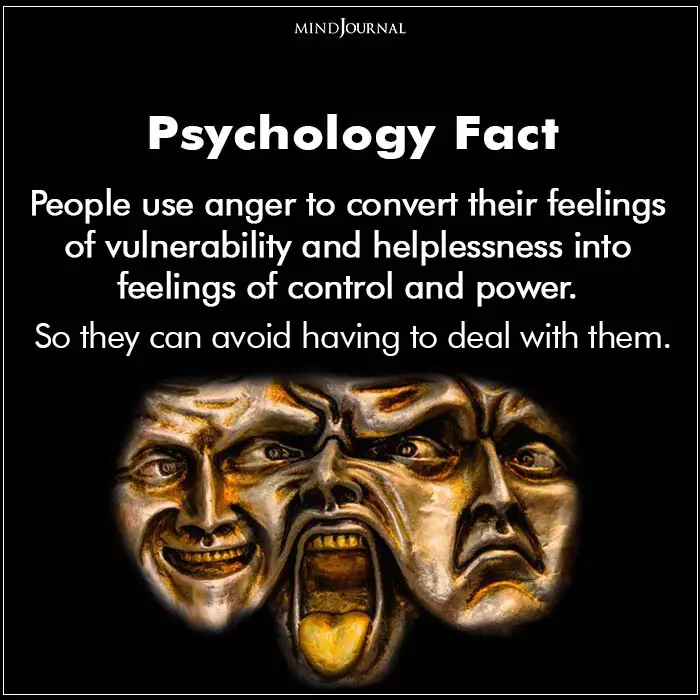
2. Take Deep Breaths and Practice Mindfulness
Whenever frustration hits you, take a moment to concentrate on your breathing. Deep breaths can help calm down your nervous system and regain self-control over your feelings again.
Breathe in deeply through the nose, hold it there for a few seconds then release slowly out from the mouth. Moreover, practicing mindfulness enables one to detach themselves from immediate stressors helping you gain a broader perspective on what is happening around you.
3. Step Back and Reflect
Sometimes, during frustrating moments, it is necessary to step back as well as reflect upon what has led up to this point in time. Ask questions like:
What caused this frustration?
Is there any pattern or repetition where I feel frustrated?
Understanding the root cause of your frustration can offer a valuable insight into finding effective solutions.
4. Practice Effective Communication
Frustrations mostly arise from miscommunication because people do not understand each other sometimes. Developing effective communication skills can help you express your needs, worries, desires and frustrations in a clear and positive manner.
Active listening involves hearing attentively while showing empathy by using “I” statements that defuse tension creating understanding even during difficult moments. This is perhaps one of the best coping skills for frustration.
5. Seek Support from Others
When someone feels frustrated, it is nice to have someone around who helps you understand the situation. Trusted friends, family members or mentors can provide guidance, perspective and just offer an empathetic ear to listen.
Sharing your frustrations with others helps lighten the burden while at the same time offering fresh perspectives and possible solutions.
6. Engage in Physical Activity
Exercise is one good way through which you can vent out anger. Endorphins are natural chemicals found in our bodies that help reduce stress levels released when we exercise or engage in physical activities.
Find something that suits your personality like jogging, yoga or even dancing; anything that will help channel your energy positively.
7. Channel Your Energy Creatively
Artistic expression is another creative way of dealing with frustration. Painting, writing or playing musical instruments act as a creative outlet where emotions can be easily directed towards something productive.
They give a sense of accomplishment as well as self-expression thereby helping individuals relieve stress build up within them.
8. Practice Self-Care
Taking care of oneself becomes necessary if emotional strain arising from frustration is to be reduced. Engage in activities that bring joy and relaxation into your life, like taking a warm bath, reading a book, practicing meditation, or indulging in hobbies.
By nurturing and prioritizing yourself, you can build resilience and replenish yourself to face frustration head-on.
Related: How to Overcome Reactive Anger and Frustration
Takeaway
Almost all of us feel frustrated at times. That’s life. However, understanding what causes frustration and frustrated symptoms and help us learn coping skills for frustration. By incorporating these coping mechanisms into our everyday life, we will be able to control our emotions and react well in tough situations.
If you exercise patience, practice and persevere, you can develop the resilience to overcome frustrations and find inner peace. When frustration knocks on your door again, use these coping skills to be able to handle anything that life throws at you and have a more fulfilling and balanced life.
Frequently Asked Questions (FAQs):
What are 4 steps you can take to overcome frustration?
Identify triggers, practice mindfulness, seek solutions and communicate feelings to overcome frustration.
How do you reduce frustration?
Practice mindfulness, take breaks, seek support, and reassess goals to reduce frustration.
How should frustration be handled?
Acknowledge emotions, communicate openly, seek perspective, and implement problem-solving strategies to handle frustration effectively.
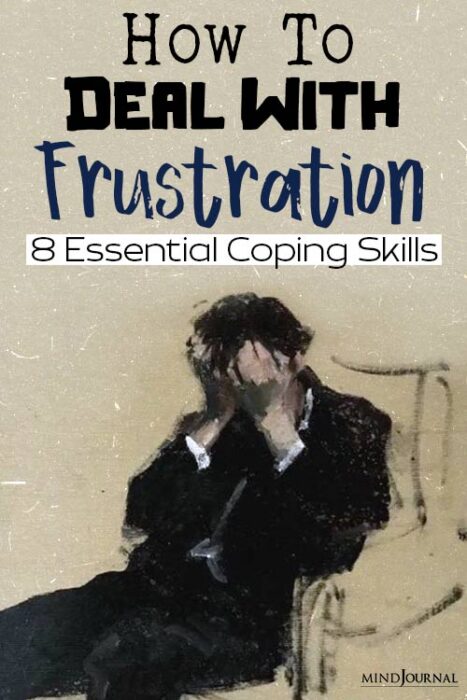
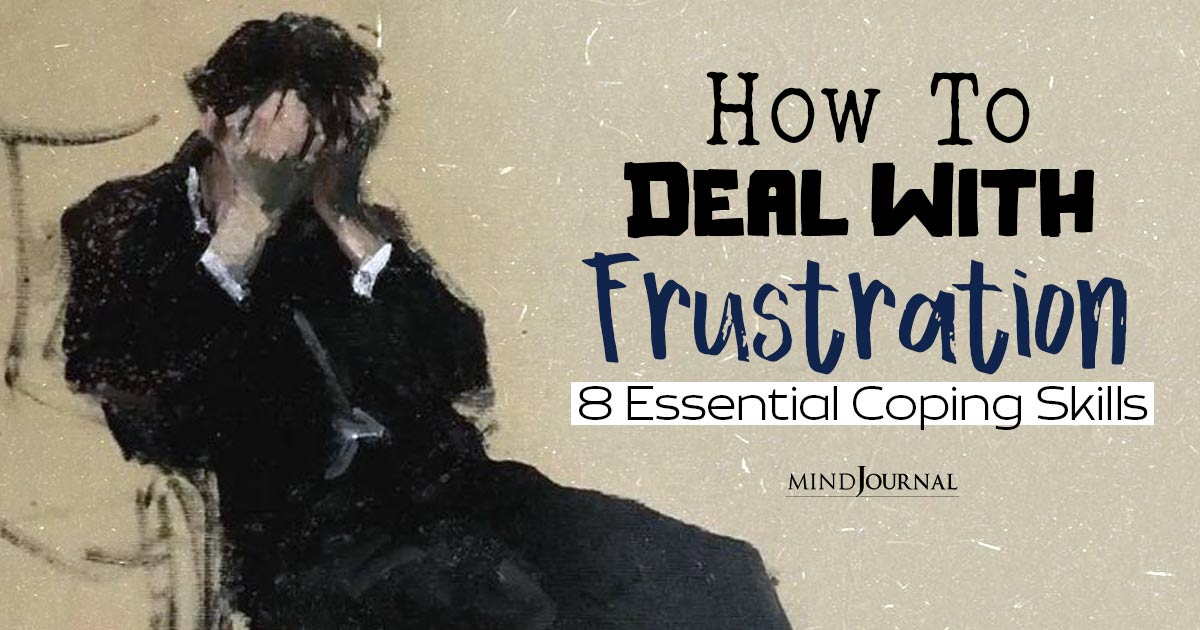
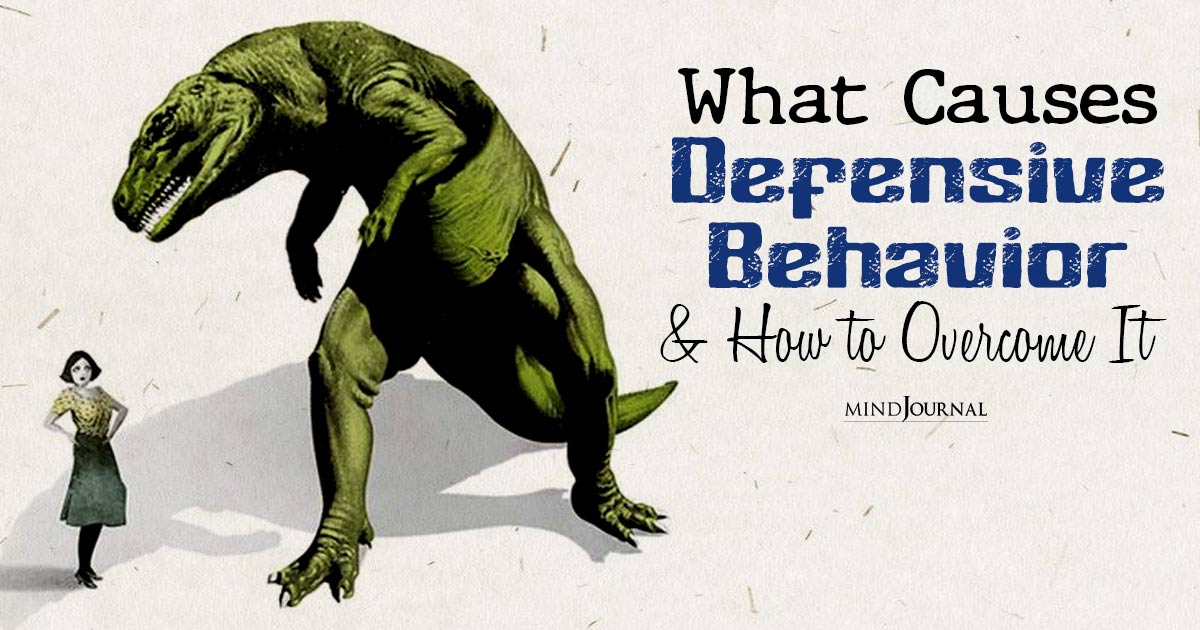

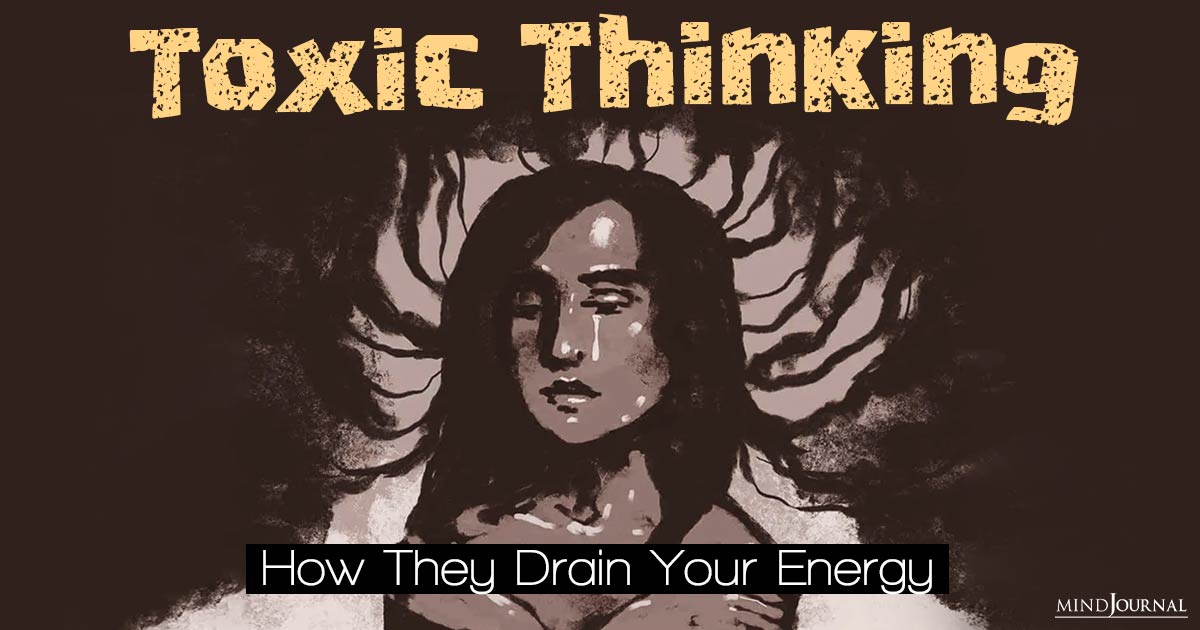

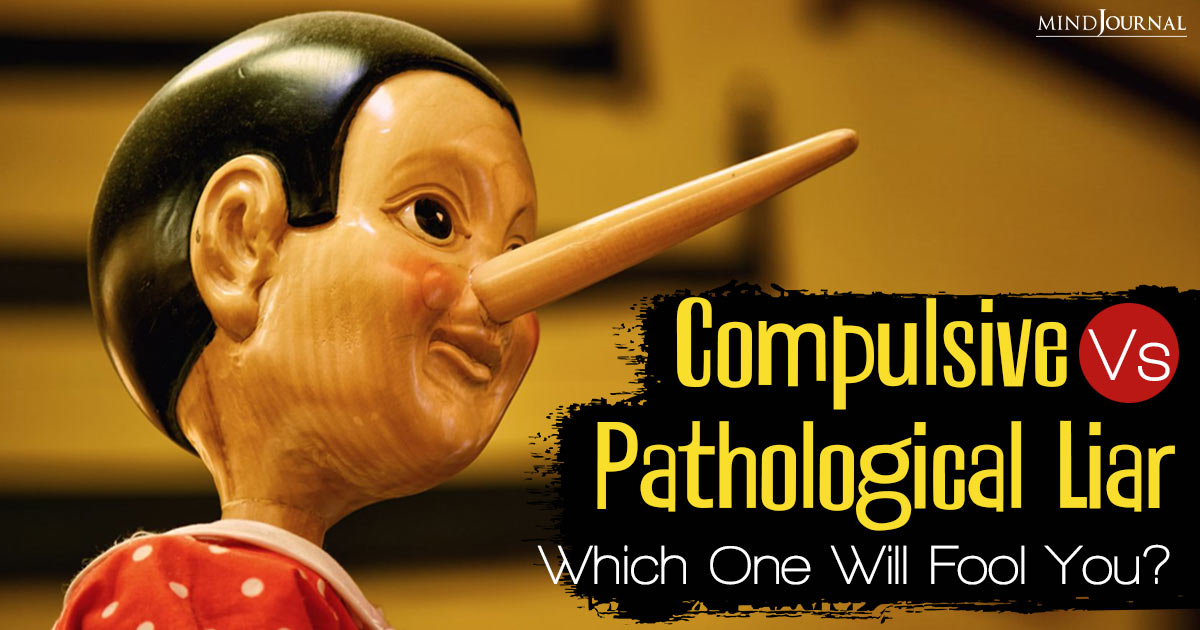


Leave a Reply
You must be logged in to post a comment.